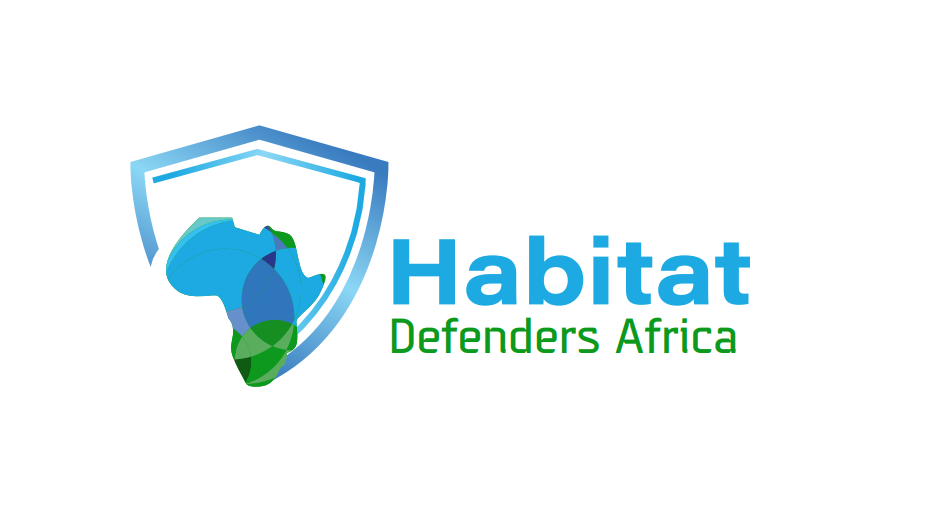Aakanksha Badkur is one of the leading members of the Strategic Litigation Working Group at ESCR-Net, serving as the Asia- Pacific representative on the Steering Committee, contributing policy guidance for cross-regional advocacy, and co-drafting amicus briefs and advocacy representations on behalf of the Working Group in international jurisdictions.
She spearheaded a gender-responsive community project to upgrade slum infrastructure in Delhi, collaborating with community leaders, architects, urban planners, and academics to foster equitable policy implementation. She facilitated the creation and operation of 7 community-based organizations in informal settlements, focusing on women’s empowerment and grassroots activism for housing and social justice. Furthermore, Aakanksha Badkur developed workshops for community activists and paralegal volunteers (PLVs) on topics including maternal health, adequate housing, and food security, using participatory tools to build gender equity and health literacy. She also led participatory research on access to maternal health services in urban informal settlements, using feminist and rights-based approaches to identify policy gaps and advocate for health equity. She drove national and regional policy campaigns advocating reforms in food security, housing rights, affirmative action, and labor protections for marginalized communities, collaborating closely with domain experts. She coordinated COVID-19 relief operations, providing essential services to 10,000 residents and migrant workers across Delhi, with a focus on addressing unique challenges faced by women and gender-diverse populations. In addition, she conducted Participatory Action Research (PAR) on delivery of Respectful Maternity Care in collaboration with CommonHealthCoalition for Reproductive Health and Safe Abortion and Sahaj Society for Health Alternatives, producing actionable insights into gender-sensitive healthcare policy gaps.
Currently she is advocating for marginalized communities in human rights cases, securing strategic litigation victories in housing, food security, water, and sanitation, emphasizing gender disparities and vulnerable populations’ rights in the High Court of Delhi and the Supreme Court of India. She is also providing legal advice on Human Rights Law obligations to non-profit organizations and is helping design strategic advocacy campaigns for State compliance with international and domestic human rights frameworks. She is delivering capacity-building programs for community activists on human rights, including training on housing rights, governance, and legal literacy, with notable engagements through the Housing and Land Rights Network, Indo-Global Social Service Society and National Domestic Workers’ Movement.
